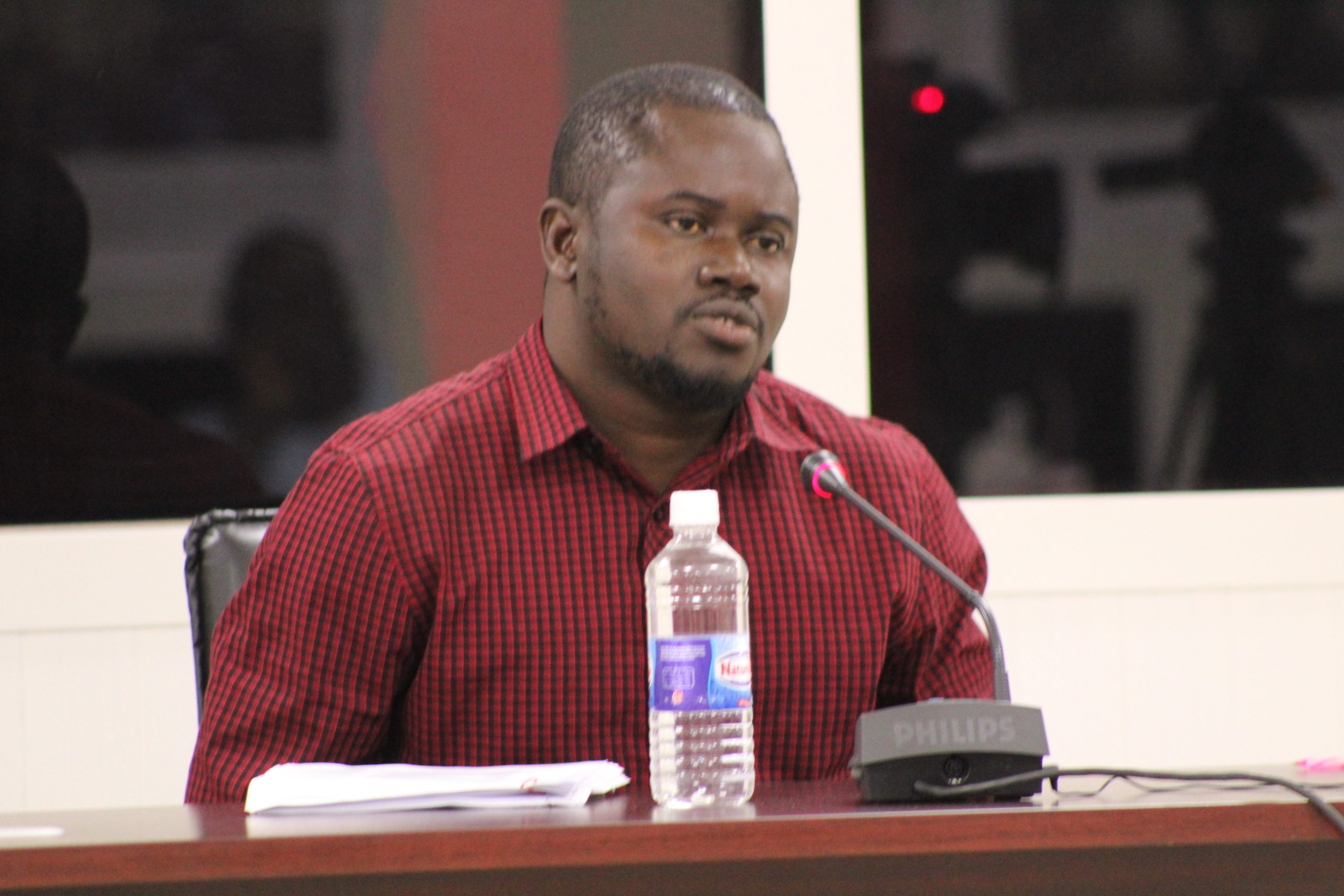Jammeh’s 22 years: 15 media houses arbitrarily closed, over 140 journalists arrested
About two journalists, Deyda Hydara and Omar Barrow, were also killed while journalist Chief Ebrima Manneh disappeared. For these crimes, no one was brought to book and there were no conclusive, credible state investigations into the incidents.

Gambia’s former autocratic ruler has arbitrarily closed down 15 media houses and arrested over 140 journalists over a period of 22 years in power.
Yahya Jammeh, who came to power in July 1994 through a military coup and lost election in December 2016, was popular for his crushing of dissent and violence towards journalists and human rights activists.
During an institutional hearing on the media before the Truth Commission, the secretary general of the Gambia Press Union, Saikou Jammeh, said on average a journalist was arrested for each month Jammeh spent in power.
“15 media houses were closed down arbitrarily without any due process… You just have one or two operatives of the National Intelligence Agency walked into the newsroom and asked the media to stop operations. And they would say it is orders from the top,” said Saikou on Tuesday.
Jammeh was famous for calling journalists illegitimate sons of Africa. Not only did he close media house, particularly radio, over 90 incidents of arrest of journalists was recorded during his reign. This included over 140 journalists.
“Across the 22 years while Jammeh was here, on average a journalist was arrested once every month… 140 plus journalists were arrested…,” said Saikou.
Saikou said over half of the journalists who were arrested were neither charged nor brought before the court.
“For all these cases we are talking about, we do not have justice…,” said Saikou.
Saikou said the former president used laws and security forces to intimidate and torture journalists.
By 2009, a research has shown that about 20% of practising Gambian journalists were living in exile, said Saikou.
“There was a high degree of self-censorship and censorship of the media within the 22 years…,” added Saikou.
Saikou appeared before the Commission to give a testimony of the overall account of condition of freedom of expression in the country within Jammeh’s 22 years.
His Monday testify was preceded by the testimony of Lamin Cham, the managing editor of The Standard newspapers who was also arrested in 2006 and severely tortured on two occasions by agents of National Intelligence Agency. Former President Jammeh now lives in exile in Equatorial Guinea.


Comments are closed.